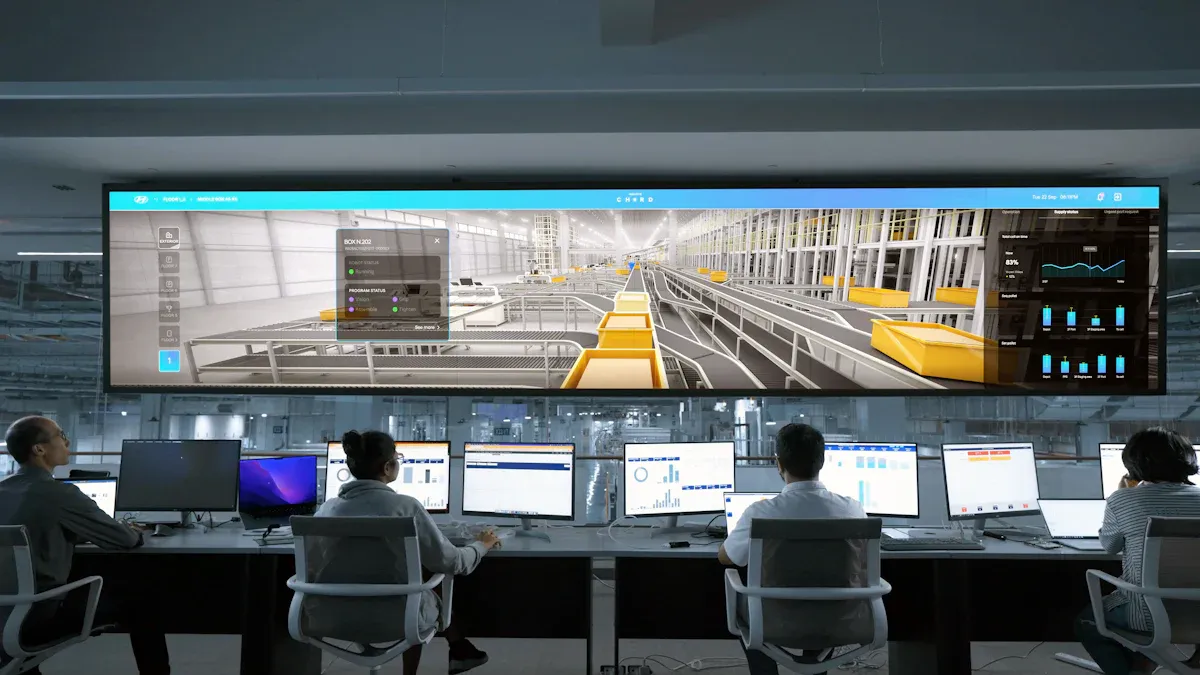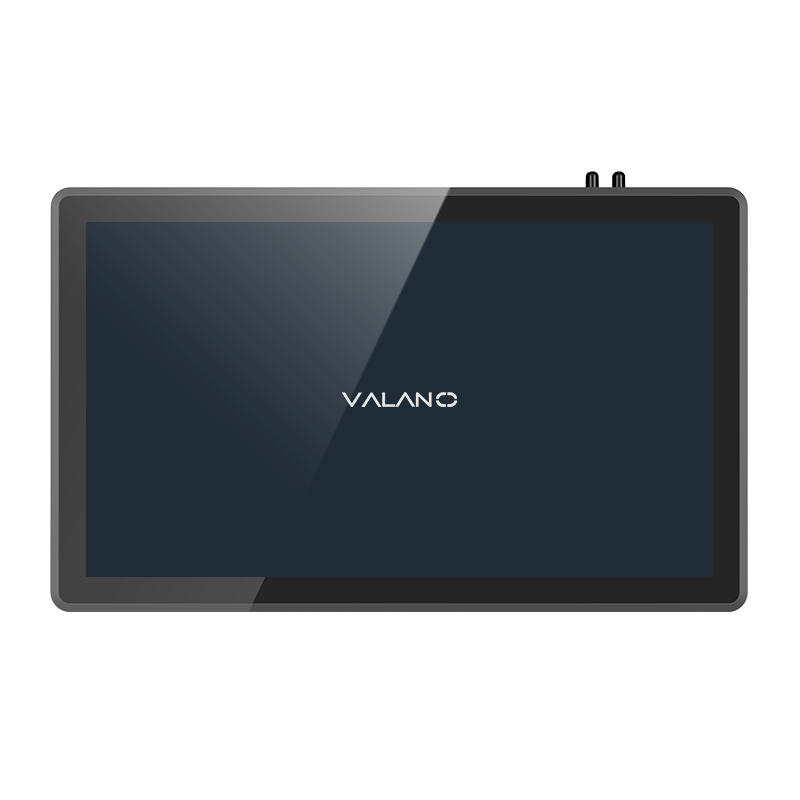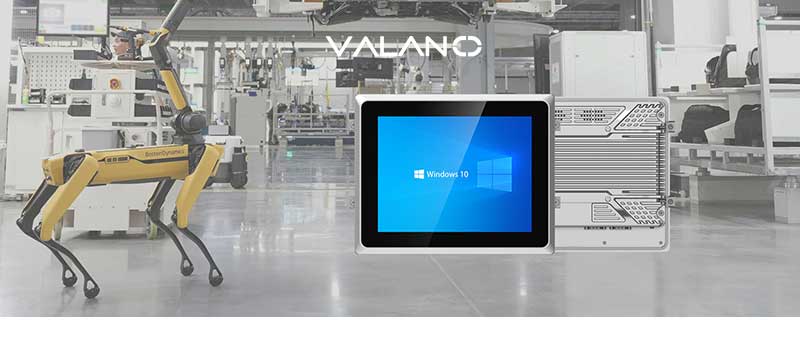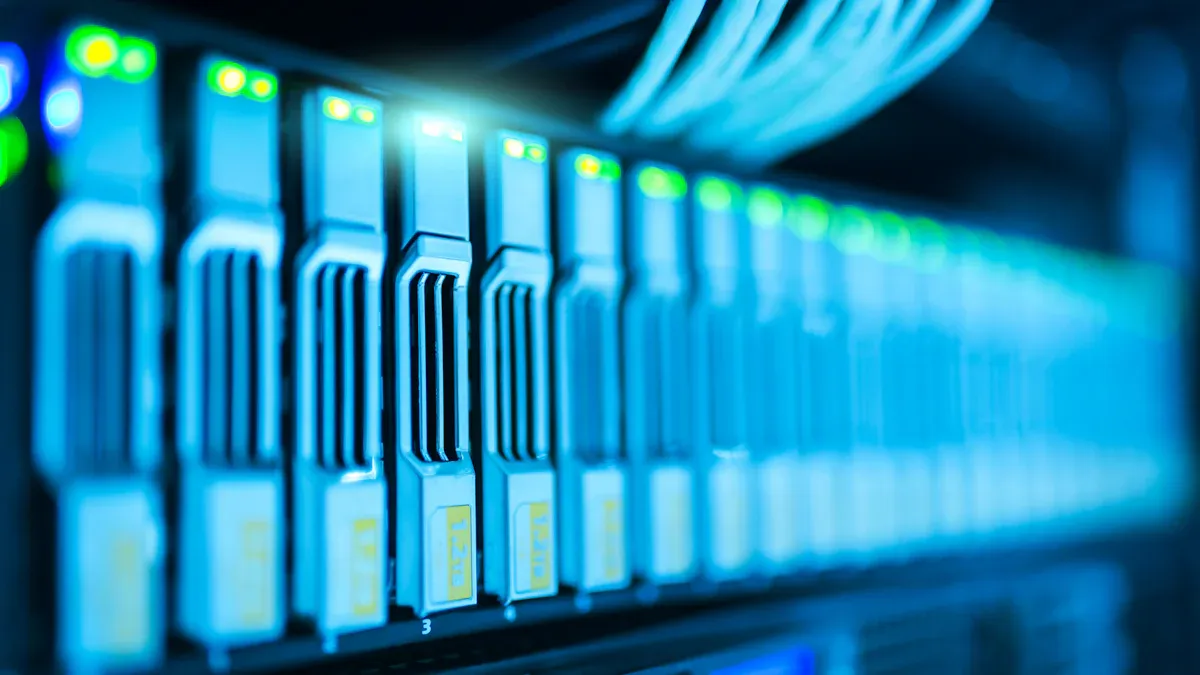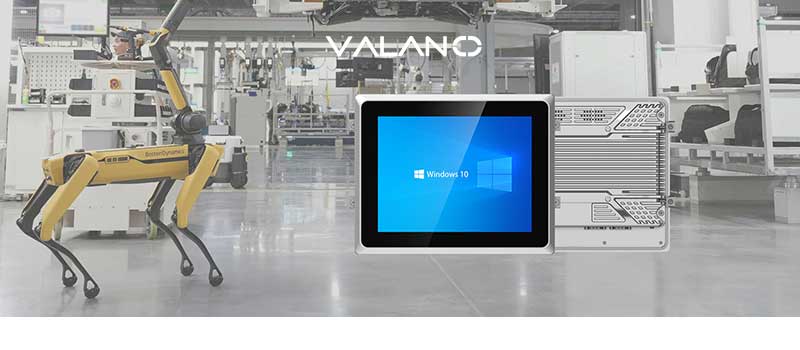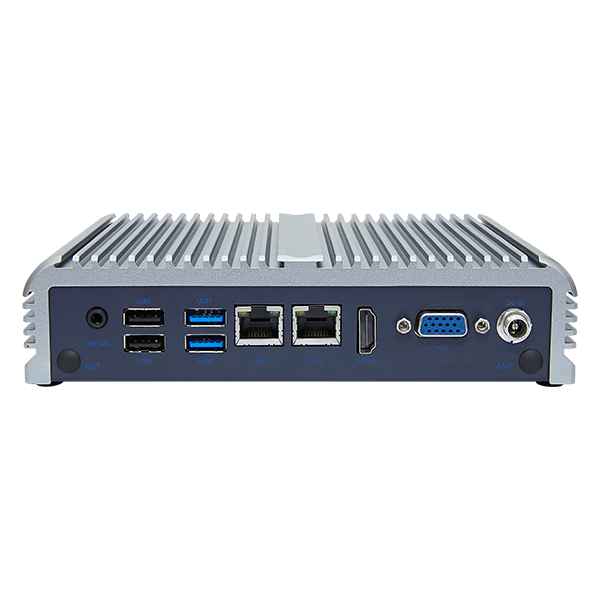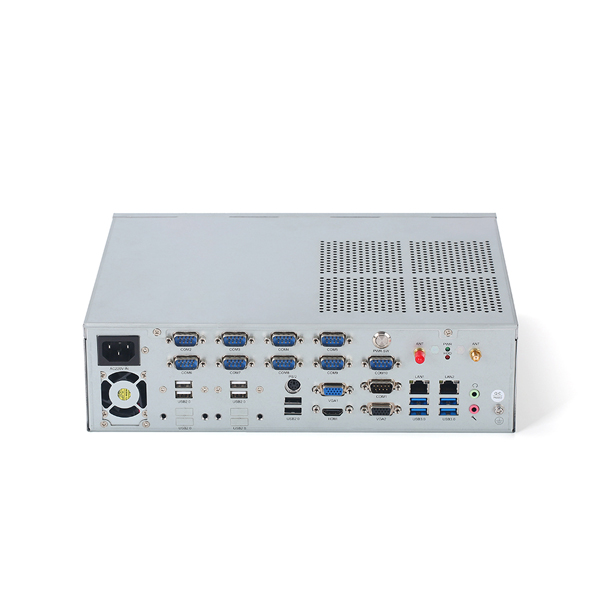Why Industrial Computers Are Essential and How They Differ from Personal Computers
What makes industrial computers important, and how do they differ from personal computers? This is a question I get asked often. In simple terms, industrial computers (IPCs) are specifically designed for use in industrial automation environments. They are built to operate reliably and continuously in harsh industrial conditions, performing stable, uninterrupted tasks that regular personal computers are not equipped to handle.
What Are Industrial Computers?
An industrial computer is a specialized computing device designed for industrial automation control. It operates reliably in extremely harsh environments and supports 24/7 uninterrupted work. As a core component of industrial automation systems, industrial computers are essential for monitoring and controlling various types of industrial equipment and processes. These systems offer high real-time performance, reliability, and durability, making them ideal for critical applications.
In addition, industrial computers offer excellent anti-interference performance and are built to be dustproof and waterproof, ensuring continuous operation in challenging environments. By incorporating industrial computers, companies can significantly increase productivity, achieve higher levels of automation, and improve operational safety.
Key Features of Industrial PCs
- Rugged Design: Industrial computers are built with rugged cases that offer dustproof, waterproof, shock-, and vibration-resistant features. These designs enable them to function reliably in harsh environments, ensuring long-term stable operation of critical industrial equipment.
- High Performance and Real-Time Processing: Equipped with powerful processors and massive storage, industrial computers are capable of handling complex industrial data and graphics. They provide fast response times and real-time processing capabilities, essential for industrial automation and control.
- Stability and Reliability: Industrial computers utilize industrial-grade hardware architectures and stable operating systems, ensuring high stability and reliability. This enables them to operate smoothly for extended periods, even in the most challenging industrial environments.
- Rich Interfaces and Expansion Capabilities: Industrial computers feature a wide range of interfaces and expansion slots, allowing them to connect with various external devices. This enables seamless communication and data interaction with multiple industrial systems, providing greater versatility in different automation processes.
Applications of Industrial PCs Across Various Industries
Manufacturing Industry
In the manufacturing industry, Industrial PCs (IPCs) are essential for automating production lines. IPCs manage and control equipment, improving production speed, accuracy, and reducing human error and labor costs. Through real-time monitoring and data analysis, IPCs support predictive maintenance, minimizing downtime and significantly improving operational efficiency and productivity.
Energy Sector
In the energy sector, continuous and stable operation is critical. Industrial PCs play a vital role in controlling and monitoring power generation systems to ensure a reliable supply of electricity. Additionally, IPCs optimize load management and power distribution, reducing resource waste and improving energy efficiency.
Transport and Logistics
Industrial PCs are transforming the logistics and transportation industries, particularly in routing and tracking systems. By enabling real-time fleet management, IPCs optimize routes to lower fuel consumption and shorten delivery times. In warehouses, IPCs automate inventory management, streamline operational processes, and improve both logistics efficiency and customer satisfaction.
Medical Industry
In the medical industry, Industrial PCs are used to manage and control critical diagnostic and therapeutic equipment, ensuring accurate and reliable operation. IPCs are widely used in medical imaging systems such as CT, MRI, and X-ray machines, providing fast data processing and analysis. This allows doctors to access timely patient information, improving diagnostic accuracy and efficiency.
Future Trends in Industrial PC Technology
As the backbone of modern industry, IPCs are rapidly evolving to meet the demands of Industry 4.0 and beyond. IPCs are becoming smart systems that can automate things and adjust to changing conditions. This makes them more efficient and sustainable. They are going to help us make things smarter, more responsive, and more environmentally friendly. In the future, IPCs will help us make things more personalized, agile, and eco-friendly.


